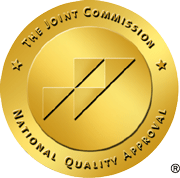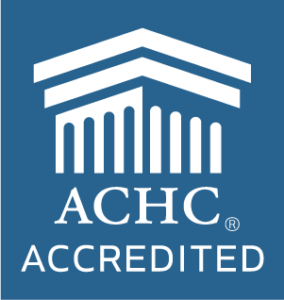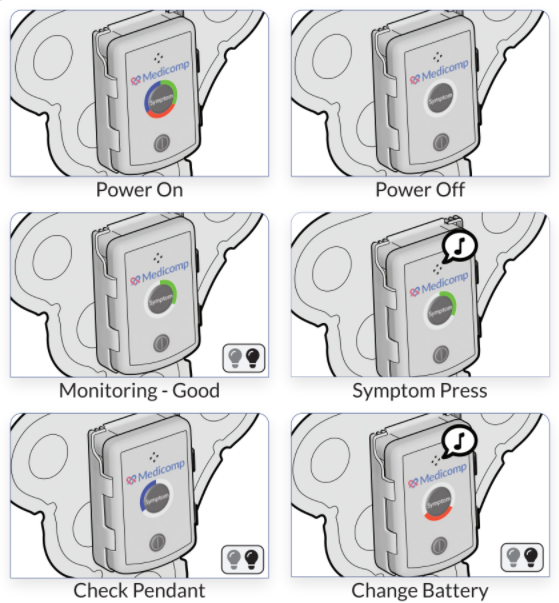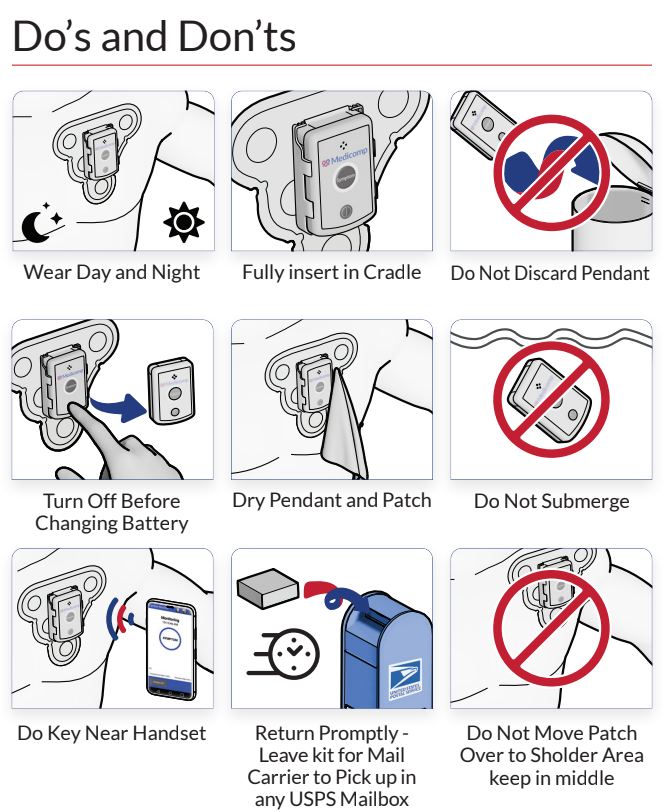Heart disease is the number one killer of men and women in American, carrying a heavier death toll than smoking and cancer. It’s been said, time and time again, how important it is to take care of your heart, and recent studies have shown that the message has begun to sink in.
However, despite the decline in heart-related illnesses and deaths that have been achieved thus far, heart disease still hold that top spot in annual fatalities. For those who have yet to make the change, these sobering statistics and facts might change their minds the next time they want to forgo their heart health.
Here are some of the statistics concerning heart disease:
- About 600,000 people die from heart disease in America annually
- One in every four of those deaths is caused by cardiovascular complications
- About 720,000 Americans suffer a heart attack every year, about 515,000 of these victims are first time sufferers, while the rest have previously experienced one or more heart-related events
- Coronary heart disease alone costs America about $108.9 billion a year–take into account the medications, health care services, and lost productivity; after a while, it all adds up
After examining the statistics, it’s not hard to see how heart disease affects more than direct sufferers. Billions of dollars are spent annually to treat coronary heart disease, and it’s only going to increase as the number of seniors requiring care increases.
Heart attacks alone are a serious problem, and it’s surprising how few know how to recognize the major symptoms of a heart attack–other than a pain in the left arm. During a survey taken in 2005, only 27 percent of respondents were aware of all the major symptoms associated with a heart attack before they called 9-1-1. Combined with the statistic that 47 percent of all sudden cardiac deaths occur outside a hospital suggests that people aren’t responding to the early warning signs. Major signs of a heart attack include chest pain; upper body pain or discomfort, especially in the arms, back, neck, jaw, and upper stomach; shortness of breath; and cold sweats. Call 9-1-1 immediately if you or someone around you experiences these symptoms.
To learn how you can adopt a heart-healthy lifestyle, and our cardiac monitoring services and products, contact ReactDx, Inc. today! Also, share this post and help to educate others about heart disease.



